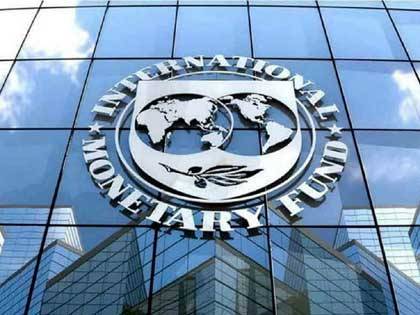ISLAMABAD - The cash-starved government has given massive tax exemptions of Rs2.239 trillion to various sectors in the current fiscal year (FY23) despite strong opposition from the International Monetary Fund (IMF). The volume of tax exemptions exceeded Rs2.239 trillion in the outgoing fiscal year as compared to Rs1.757 trillion in the previous year, according to the latest Economic Survey of Pakistan 2022-23, which was released on Thursday. The Economic Survey showed that the government had given income tax exemptions worth Rs423.9 billion in FY23 as compared to Rs400 billion in the last year. Meanwhile, the cost of sales tax exemptions has been estimated to be Rs1.294 trillion as compared to Rs1014.48 billion in FY22. The cost of customs exemptions has been projected at Rs521.7 billion as against Rs342.89 billion in the previous financial year. The IMF is continuously asking Pakistan to withdraw tax exemption, which is increasing with the passage of time.
In the income tax head, the government has given exemptions worth Rs26.8 billion as tax concessions given in Part VII of Chapter III of ITO, 2001, Rs14.5 billion as deductible allowances are given in Part IX of Chapter III of ITO, 2001, Rs52.133 billion in tax credits, Rs232.852 billion exemptions from total income, Rs24.45 billion in reduction in tax rates, Rs4.7 billion in reduction in tax liability and Rs68.8 billion exemption from specific provisions of the income tax. The government has given sales tax exemptions worth Rs1.249 trillion in FY23, which was Rs1014.48 billion in FY22 showing an increase.
According to the survey, reduced rates under 8th Schedule (8%) is Rs129.9 billion, Rs139.4 billion as zero rating under the fifth schedule to Sales Tax Act 1990, Rs632.9 billion exemptions are given to POL products through various SROs, Rs257.5 billion exemption under sixth schedule on (imports), Rs133.1 billion exemption under sixth schedule on local supplies and Rs1.021 billion as sales tax on cellular mobile phones under the Ninth Schedule.
The customs exemptions surged to Rs521.7 billion in FY23 from Rs342.89 billion in FY22. The increase was mostly on account of preferential trade agreements (PTAs) and Free Trade Agreements. FTA & PTA Exemptions cost Rs102.6 billion. The 5th Schedule Exemptions & Concessions cost Rs173 billion and Rs193 billion as General Concessions and Rs30.78 billion as Export Related Exemptions.
According to the Economic Survey, FBR net provisional tax collection increased by 16.1 percent to Rs 5637.9 billion against Rs 4,855.8 billion in a similar period last year. The domestic component of tax revenue collected by the FBR increased by 20.2 percent and stood at Rs 4,886.1 billion in the first ten months of the current fiscal year as compared to Rs 4,064.0 billion last year.
The net collection of direct tax has registered a growth of 44.2 percent during the first ten months of FY 2023. The net collection of direct tax has increased from Rs 1,743.7 billion in July-April FY2022 to Rs 2,514.9 billion during July-April FY2023. The bulk of the tax revenues of direct taxes are realized from income tax. The major contributions of income tax have come from contracts, imports, and profit payout. The tax payments with tax declaration and collection on demand have also shown high growth. The gross and net sales tax collection during July-April FY2023 has been Rs 2327.5 billion and Rs 2090 billion showing growth of around 1.7 percent and 1.2 percent, respectively. Around 64 percent of total sales tax was contributed by sales tax on imports during Jul-April FY2023, while the rest was contributed by the domestic sector.






